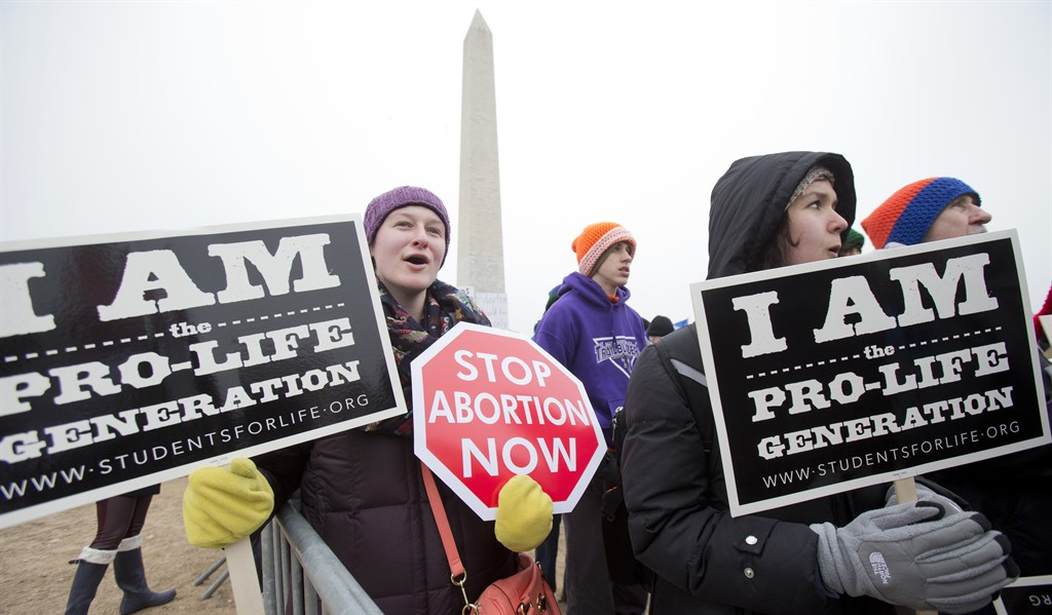A Tennessee law requiring women to undergo a 48-hour waiting period between appointments for an abortion has outlasted chances to appeal and will remain in effect, Tennessee Attorney General Herbert Slatery said Friday.
The 2015 law, which was challenged soon after it passed, requires a patient seeking an abortion to meet with a doctor in-person and wait at least 48 hours before returning for an abortion procedure.
“More than six years ago, a group of abortion providers challenged the statutory waiting period, alleging that it violated a woman’s right to have an abortion,” Slatery wrote in a press release issued Friday. “The district court agreed with the challengers, held the law unconstitutional, and stopped state officials from enforcing it. After a divided three-judge panel of the Sixth Circuit declined to stay that judgement pending the State’s appeal, the State’s attorneys sought and obtained review by the full Sixth Circuit.” The district court’s ruling occurred in 2020.
The press release notes that in August, the full Sixth Circuit Court reversed the district court’s decision and upheld the state’s abortion restriction, concluding that it is “facially constitutional” because it is “supported by a rational basis” and is “not a substantial obstacle to abortion for a large fraction of women seeking pre-viability abortions in Tennessee.” It notes that the Sixth Circuit cited landmark abortion case Planned Parenthood of Southeastern Pennsylvania v. Casey in their decision, stating that the result of the waiting period “resulted from a decades-long democratic process” that included a state constitutional amendment.
Recommended
“This law was on the books for five years before the district court enjoined it,” Slatery said in a statement. “The Sixth Circuit took the unusual step of having the full court review the district court decision and that of its own panel. We are grateful that the Court recognized the validity of a law passed by the people’s representatives and did not substitute its own judgment for the policy decision made by the legislature and the Governor.”
Abortion legislation has been the forefront lately, as the Supreme Court of the United States (SCOTUS) heard on Nov. 1 oral arguments for two cases surrounding Texas’ newly-enacted abortion law, S.B. 8, that prohibits abortions after fetal heartbeat detection. On Dec. 1, SCOTUS will hear oral arguments for the case Dobbs v. Jackson Women’s Health Organization, which calls into question the constitutionality of a 2018 Mississippi law that outlaws abortions after 15 weeks gestation.
In an amicus brief filed in July by Mississippi Attorney General Lynn Fitch, she asks SCOTUS directly to overturn two landmark rulings – Roe v. Wade and Casey – and notes that the U.S. Constitution does not protect a right to abortion.
“Roe and Casey are egregiously wrong. The conclusion that abortion is a constitutional right has no basis in text, structure, history, or tradition,” Fitch said in the brief. “So the question becomes whether this Court should overrule those decisions. It should.”
“The Constitution does not protect a right to abortion. The Constitution’s text says nothing about abortion. Nothing in the Constitution’s structure implies a right to abortion or prohibits States from restricting it,” Fitch continued in the brief. “Casey repeats Roe’s flaws by failing to tie a right to abortion to anything in the Constitution. And abortion is fundamentally different from any right this Court has ever endorsed. No other right involves, as abortion does, ‘the purposeful termination of a potential life.’”























Join the conversation as a VIP Member